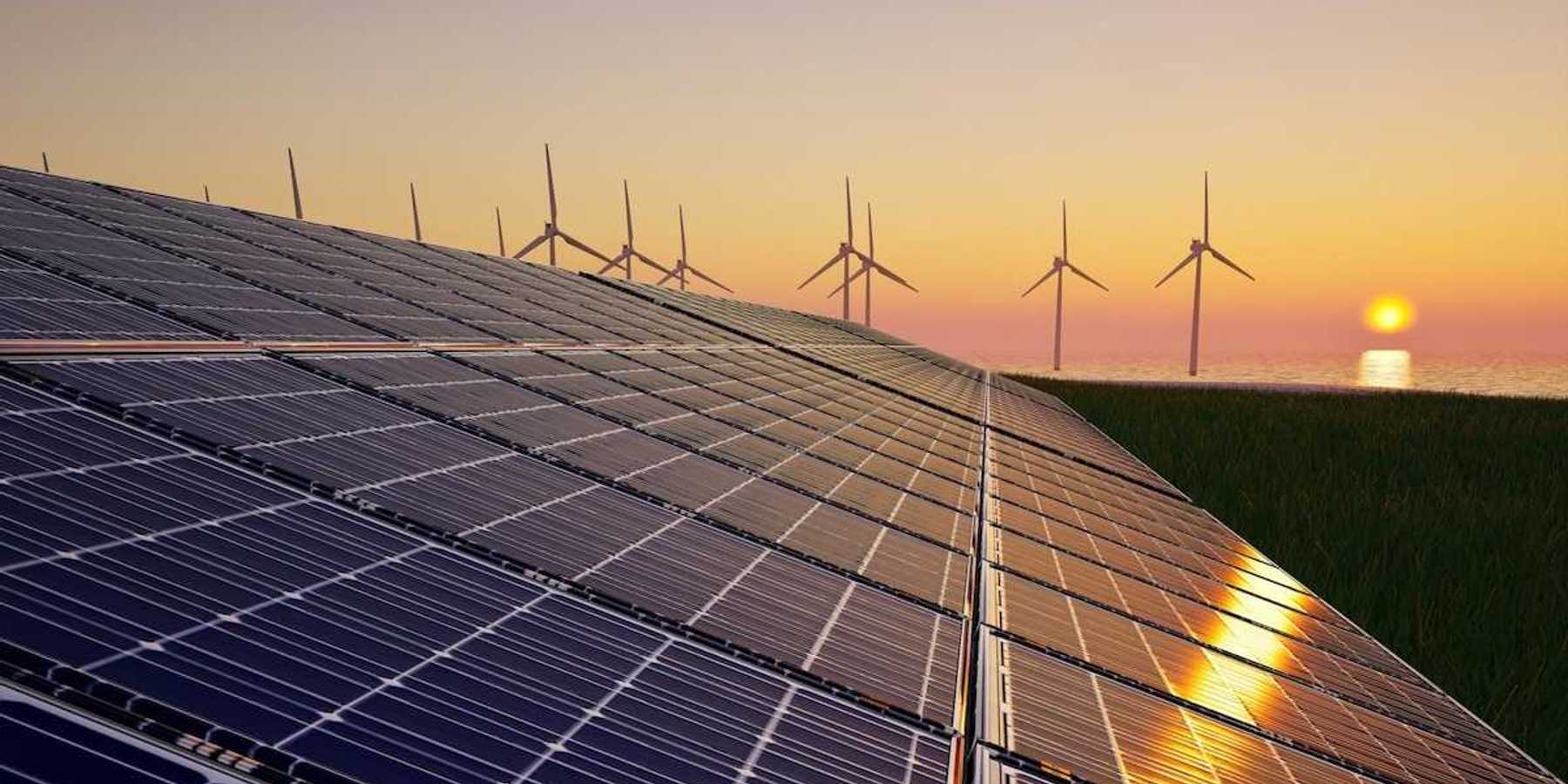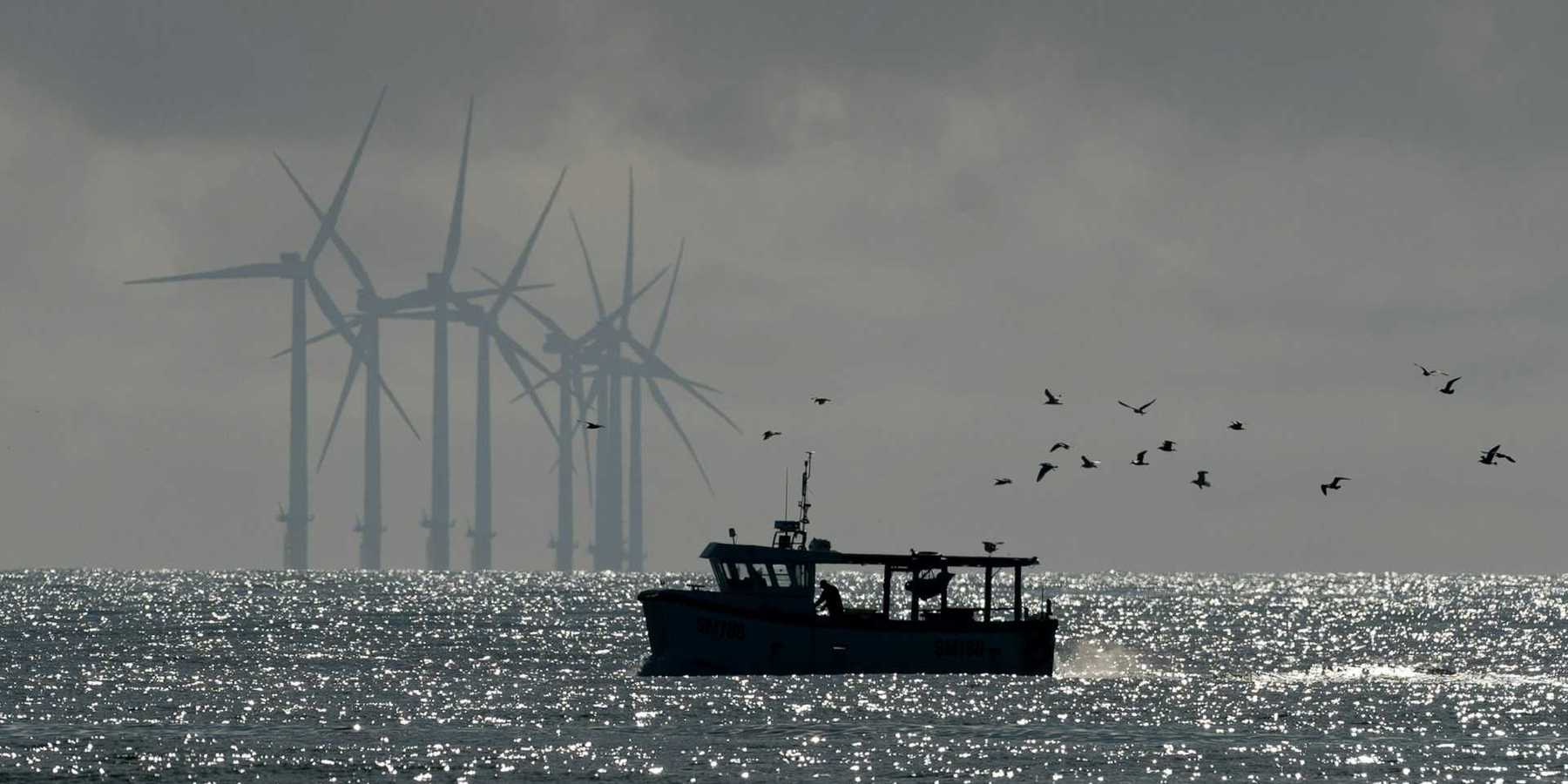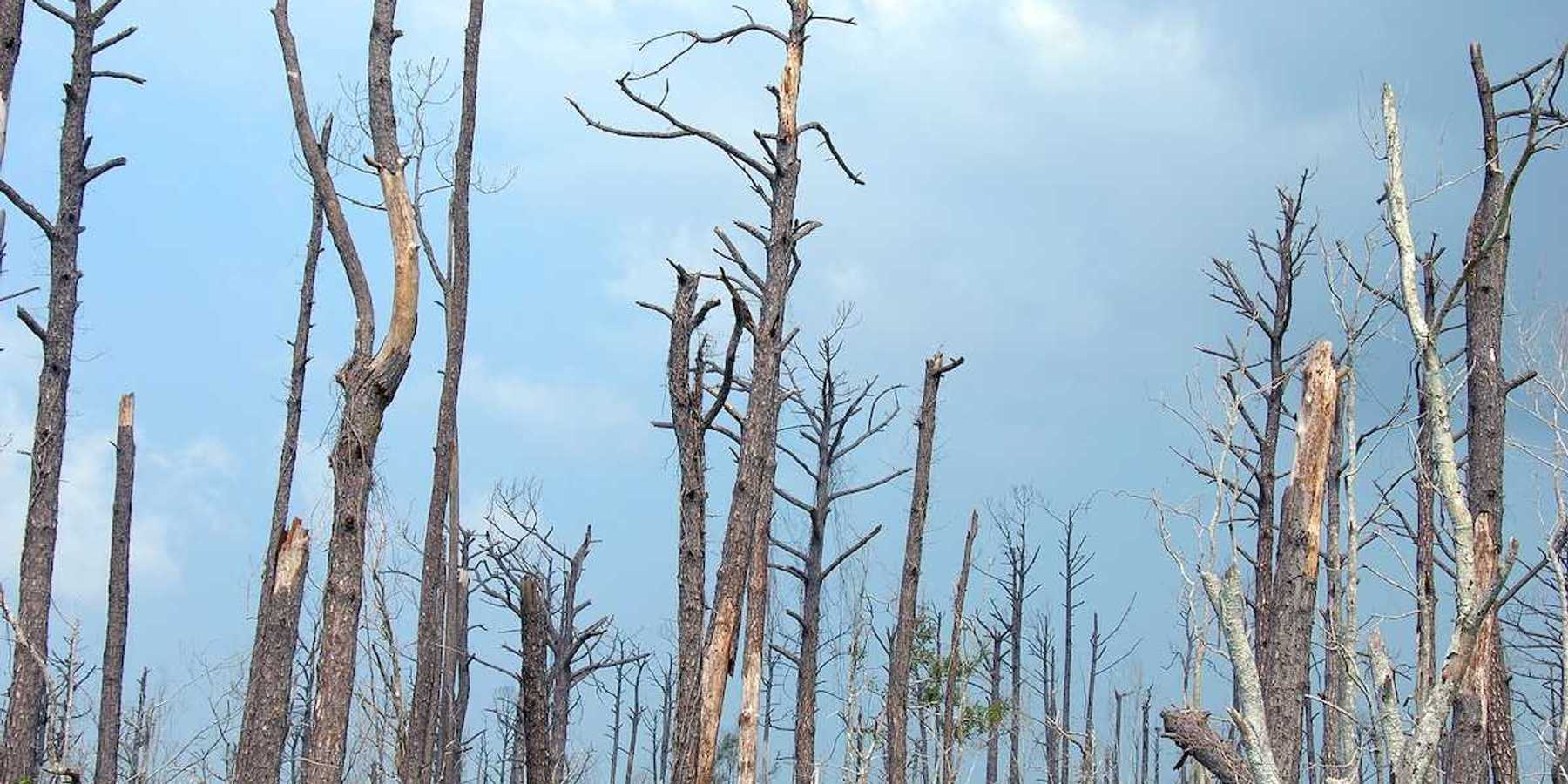As companies eye massive lithium deposits in California’s Salton Sea, locals anticipate a mixed bag
In a nutshell:
The Salton Sea has been in decline for decades due to pollution and drought. However, the region, now known as "Lithium Valley," is gaining attention for its untapped lithium deposits. With the increasing demand for lithium in clean energy technologies, companies are exploring advanced mining techniques like direct lithium extraction to harness the lithium from brine deposits beneath the Salton Sea. While DLE offers potential benefits, challenges remain in scaling up production and addressing environmental concerns, including effects on human health.
Key quote:
Open pit mines often lead to the destruction of vegetation and habitat, soil erosion and air pollution. “Imagine a hole in the ground that’s the size of Central Park and as deep as the Empire State Building,” Donnelly says.
The big picture:
Open-pit mining, including lithium mining, can have significant health impacts on surrounding communities. The process involves digging large open pits to extract minerals, which can lead to air and water pollution due to the release of harmful substances. Dust particles and pollutants generated during mining operations can cause respiratory problems and other health issues for residents in the vicinity. The disruption of land and ecosystems can also impact water quality and local wildlife, affecting the overall well-being of communities living near these mining sites.
Read the article at Inside Climate News.
In the global push to mine for minerals, clean energy advocates ask what going green really means, writes Shannon Kelleher for The New Lede.













